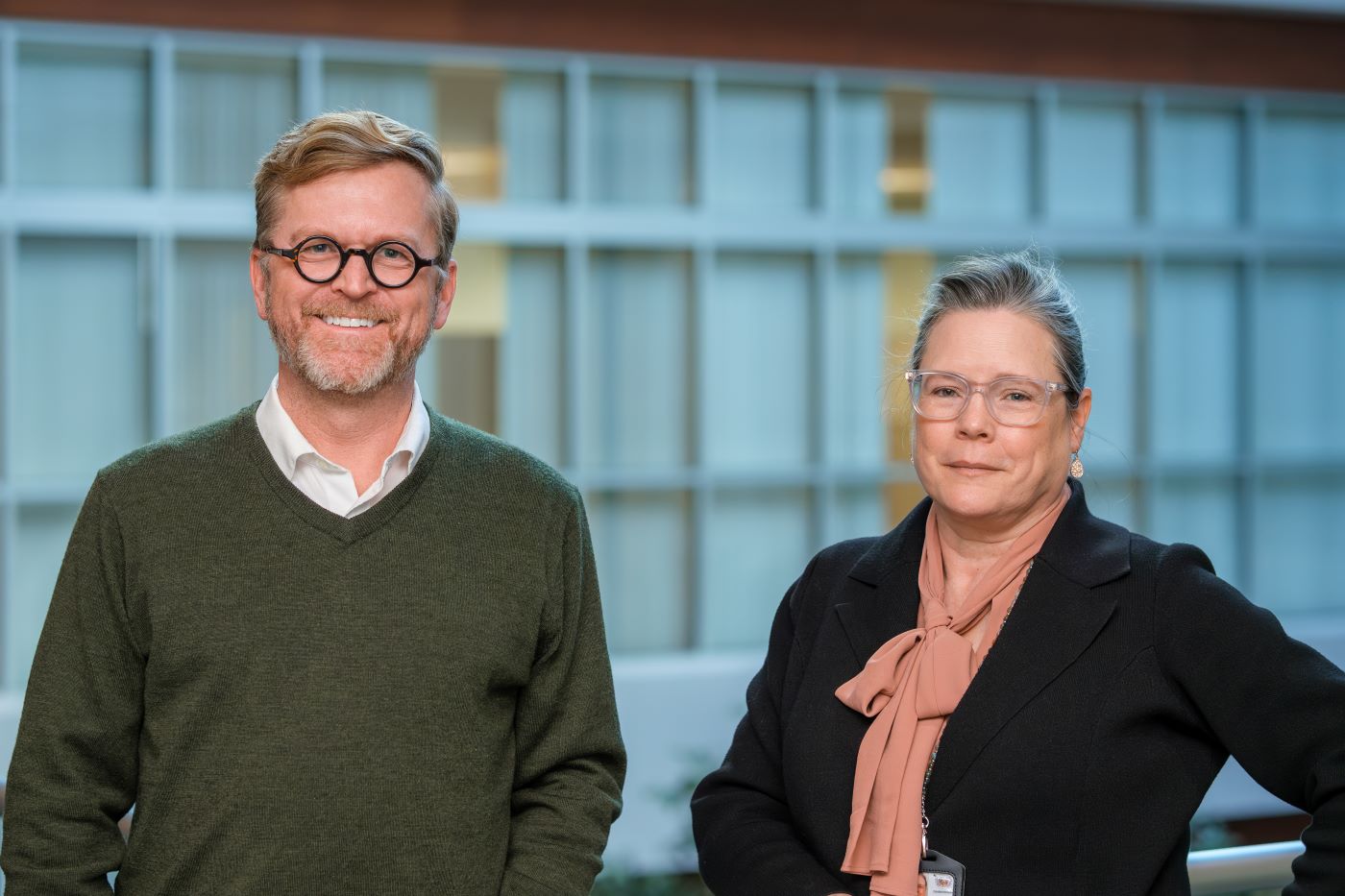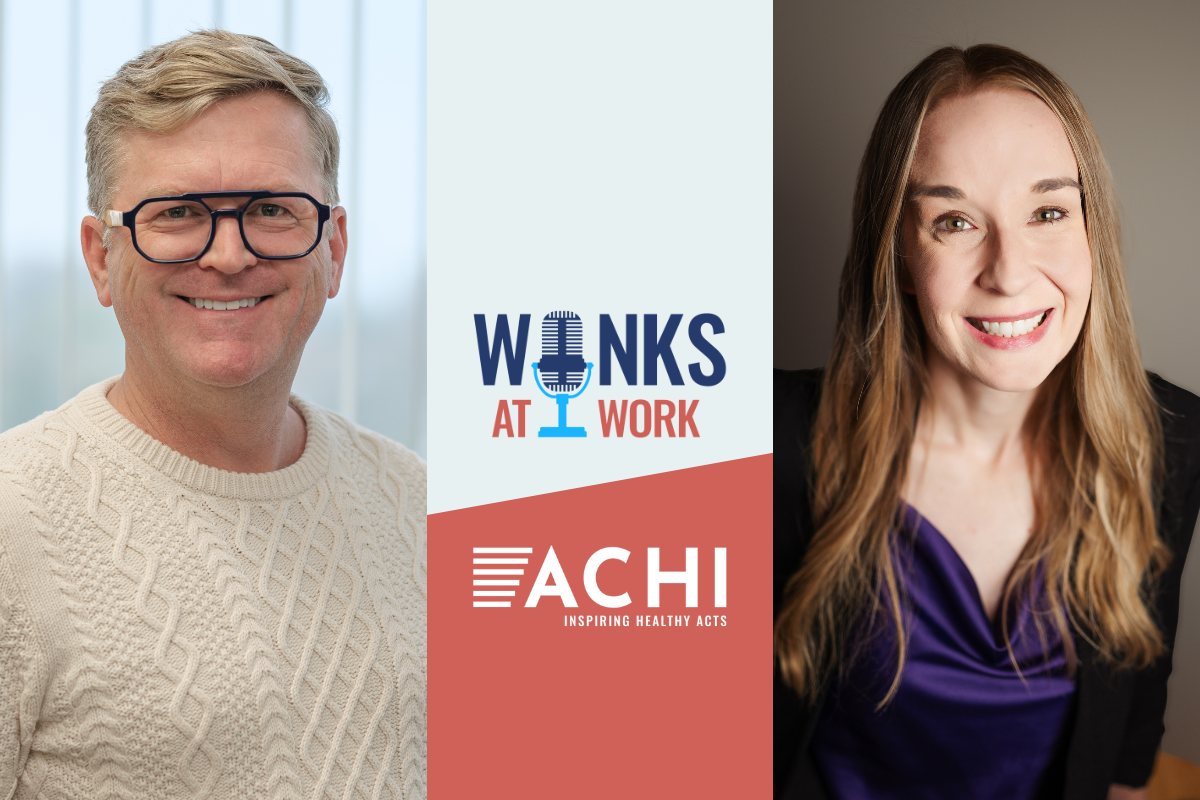Wonks at Work
Latest Episode
-
In this episode of the Wonks at Work podcast, we explore resources and treatment options for people with substance use disorders with Kira Kennedy from the Arkansas Department of Human Services.
Wonks at Work
The Climb: Kira Kennedy
byACHI
The Climb: Kira Kennedy by ACHI
Search Results placeholder
Latest Podcast Episodes
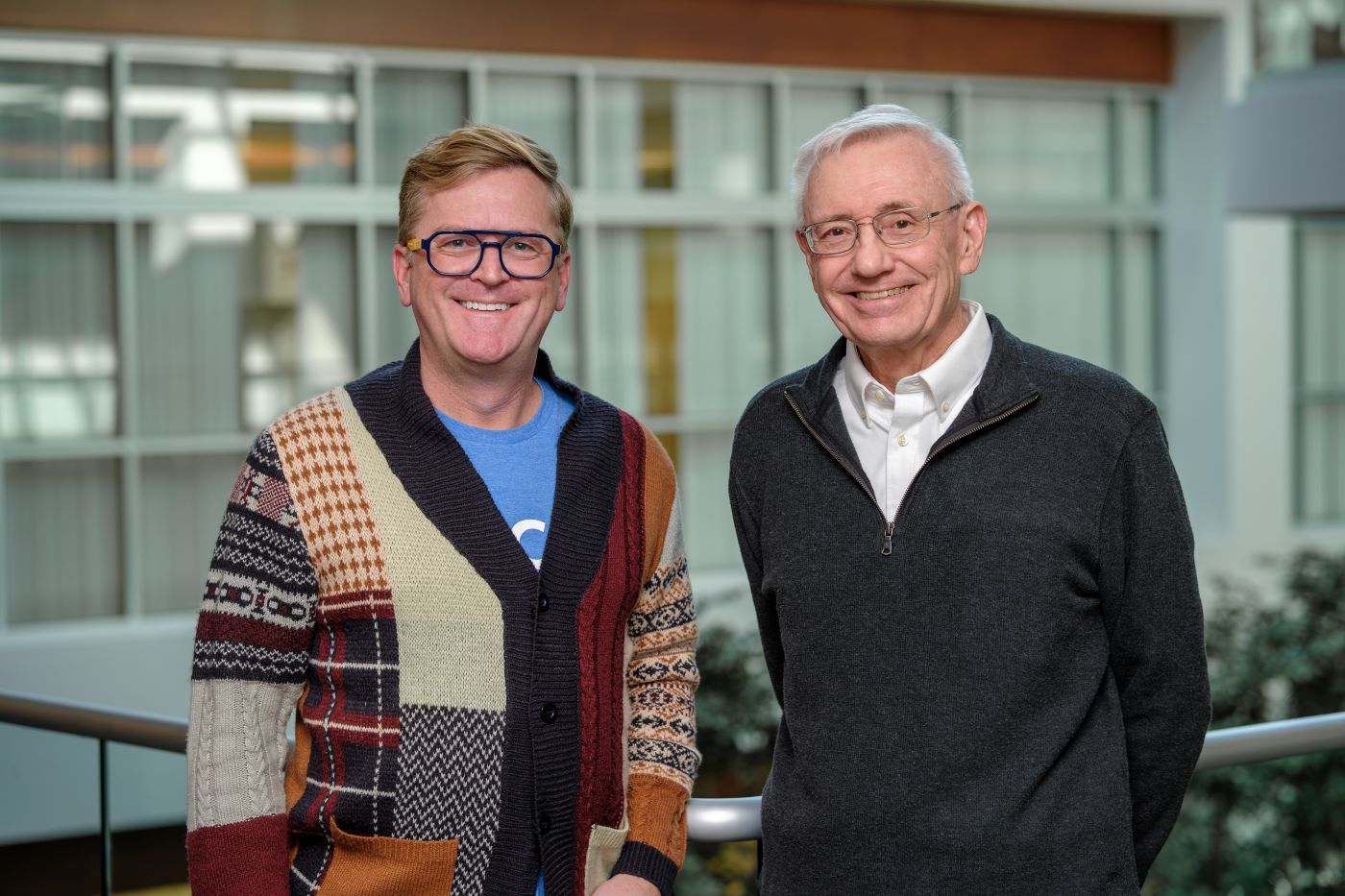
Settling Things: Dr. John Ahlen
Twenty-five years ago, Arkansas passed the Tobacco Settlement Proceeds Act to ensure the state’s portion of a settlement agreement with U.S. tobacco companies would help improve the health of Arkansans. In this episode of the Wonks at Work podcast, we speak with Dr. John Ahlen, who helped oversee the programs it funded while serving on the Arkansas Tobacco Settlement Commission.
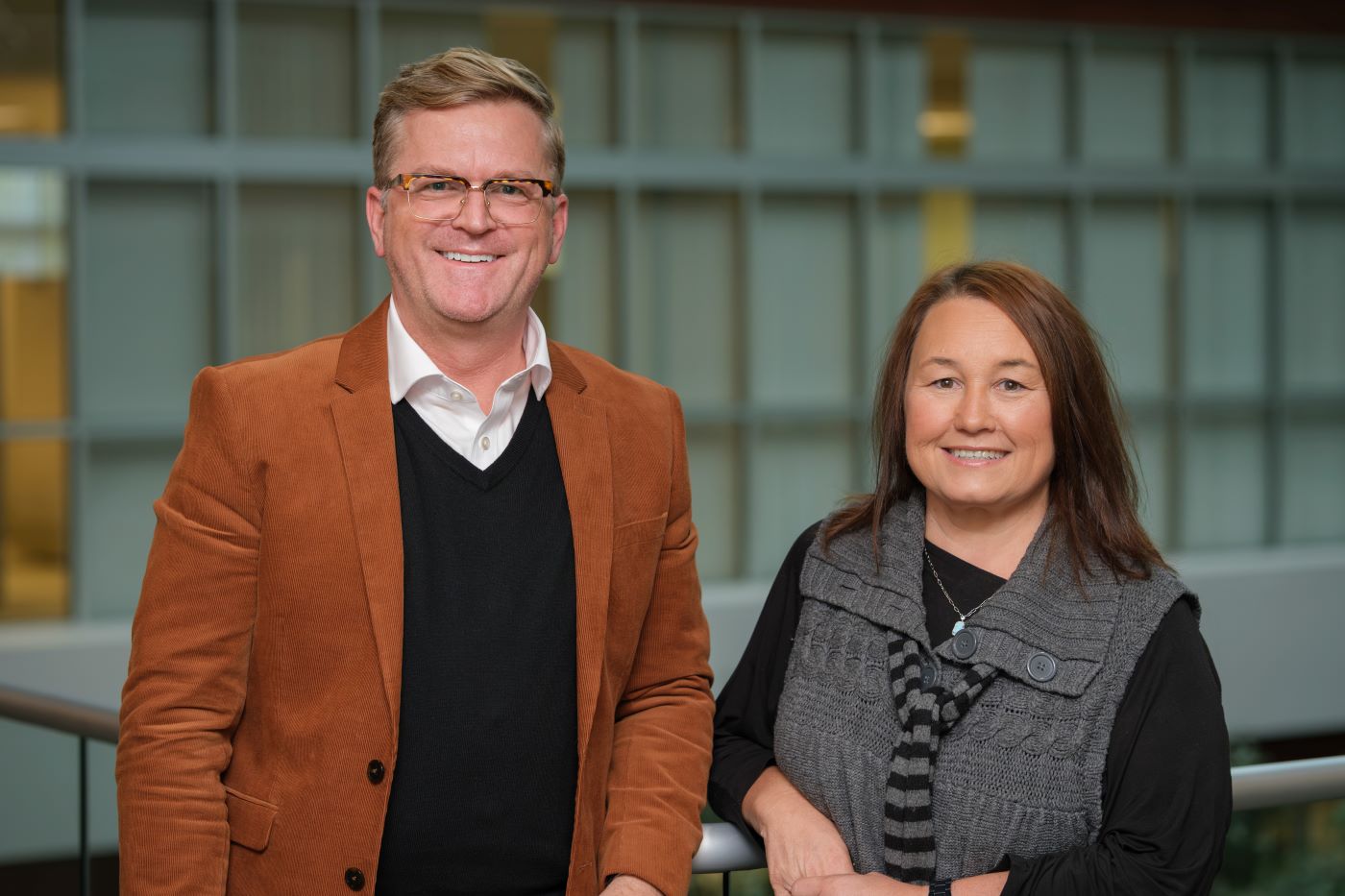
Count on Me: Amanda Kuttenkuler
With mental health professionals in short supply, the job of providing support to someone experiencing a mental health crisis often falls to friends, family members, or colleagues. In this episode of the Wonks at Work podcast, we’re joined by Amanda Kuttenkuler of the Arkansas Rural Health Partnership to learn about a program that offers training in mental health first aid.
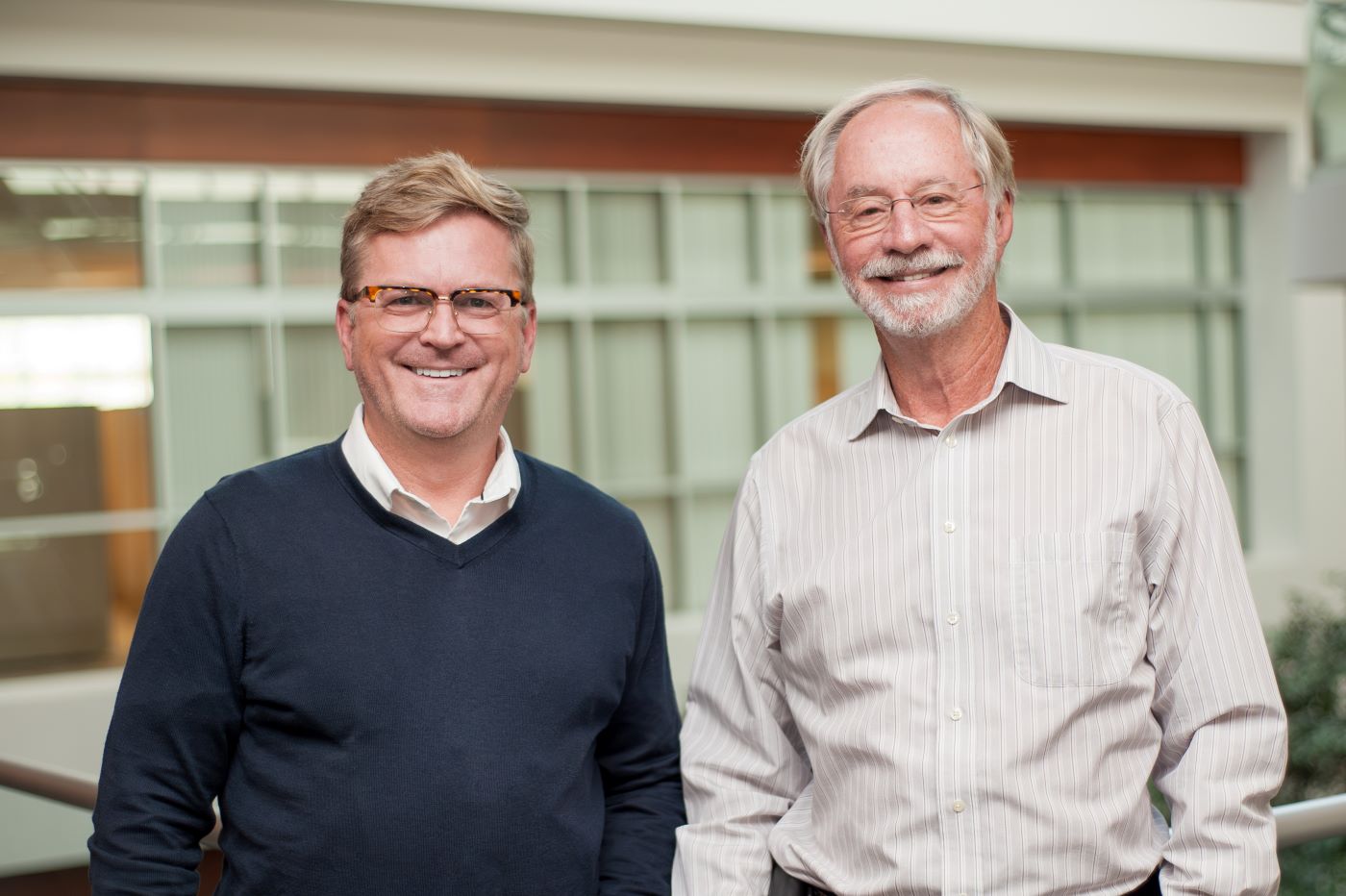
Don't Stop Believin’: Dr. Arlo Kahn
Obesity is a serious and costly chronic disease that has been widely recognized as a public health epidemic. In this episode of the Wonks at Work podcast, we’re joined by ACHI Medical Director Dr. Arlo Kahn to discuss the state of obesity in Arkansas and policy options to address it.
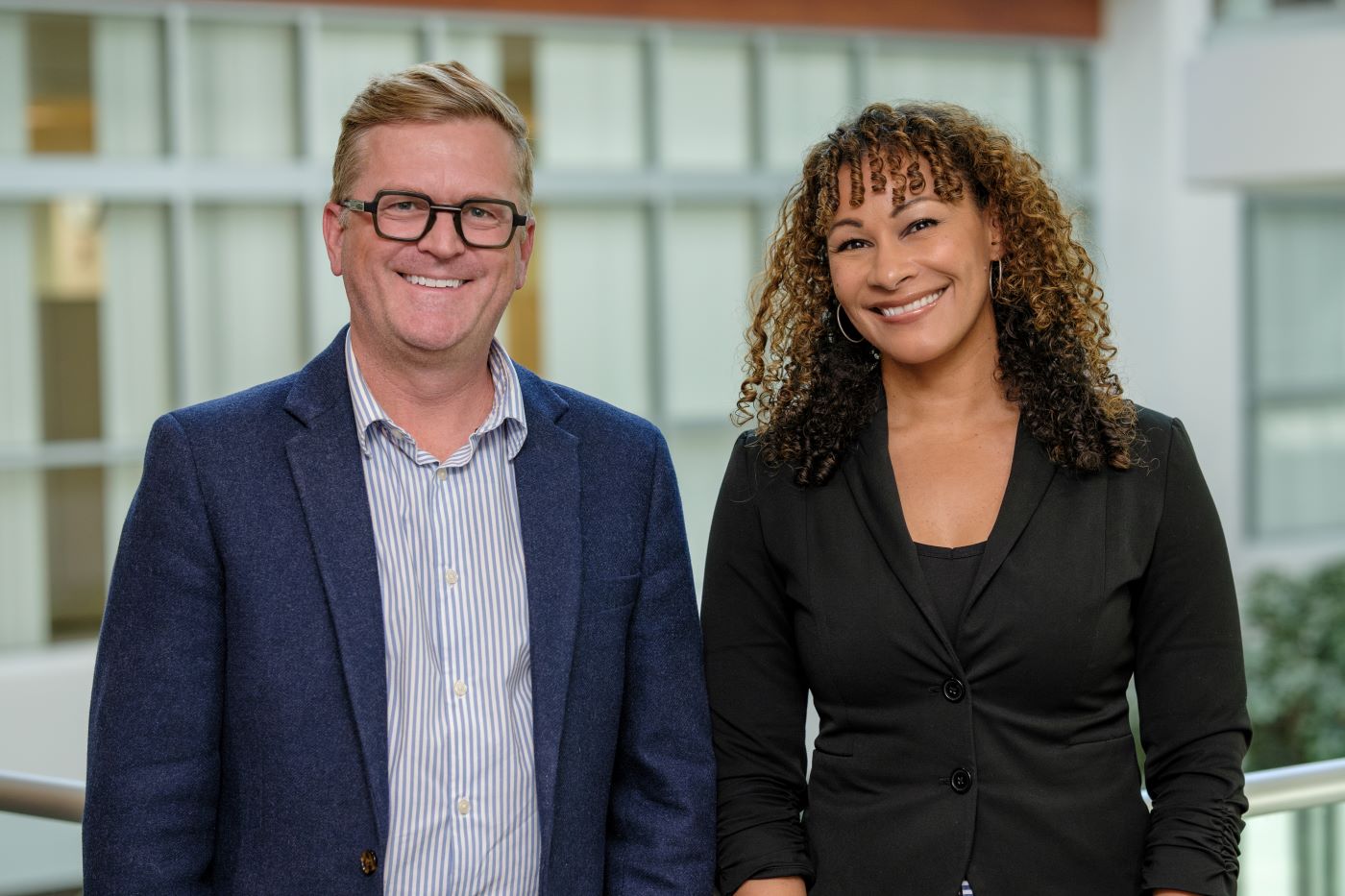
When You're Smiling: Dr. Sharon Lanier
A visit to the dentist is about more than clean teeth; it’s about whole health and wellness. In this episode of the Wonks at Work podcast, we’re joined by Dr. Sharon Lanier of the Delta Dental of Arkansas Foundation to learn about the foundation’s latest effort to better understand and overcome barriers to dental care in the state.
load more podcast episodes



